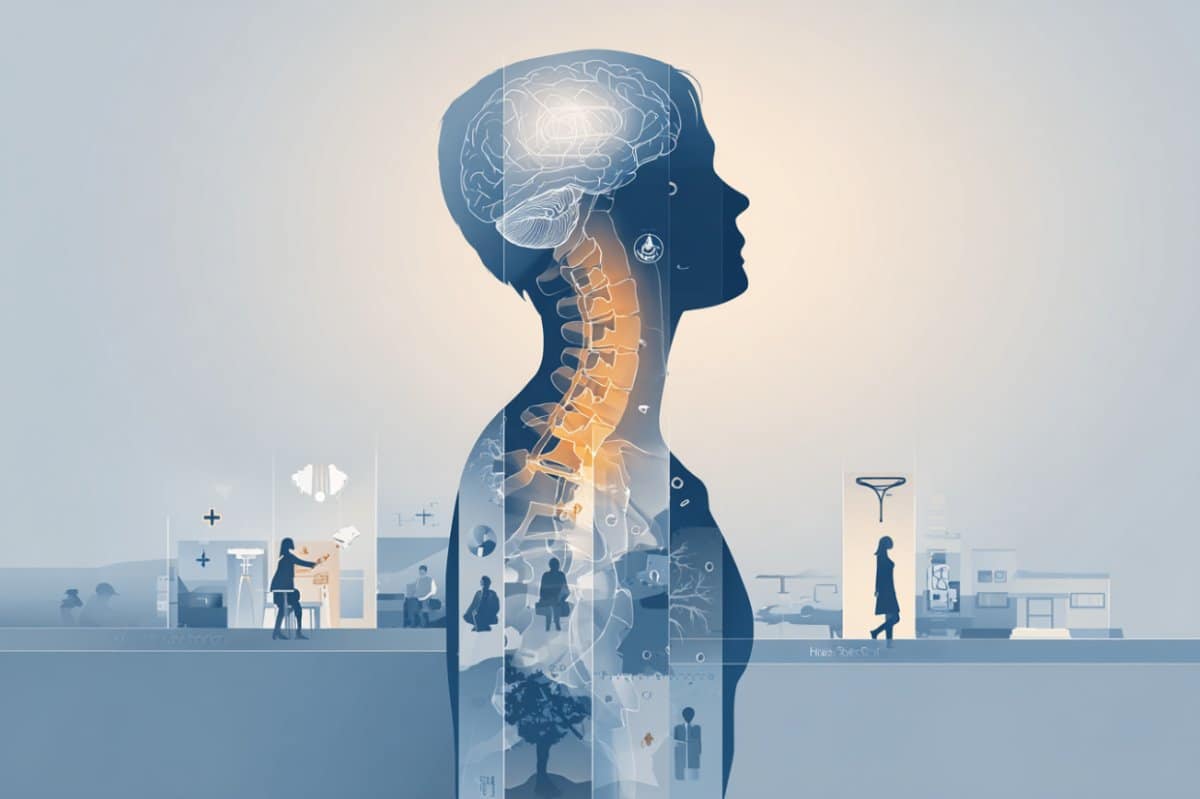T4K3.news
New research reveals early Alzheimer's warning signs
Scientists identify proteins linked to Alzheimer's risks and funding from Bill Gates supports new insights.

New research points to proteins in the body that may indicate Alzheimer's risk.
Alzheimer's early warning signs revealed by new research
Scientists have discovered new clues about the early signs of Alzheimer's disease. Researchers in the Global Neurodegeneration Proteomics Consortium examined proteins that can help track neurological diseases. Their findings, published in Nature Medicine, reveal a significant connection between the APOE4 gene and the inflammatory response linked to Alzheimer’s. This research was supported by Bill Gates, who hopes it will change how Alzheimer's is diagnosed. The study confirmed that specific blood signatures can accurately indicate the presence of the high-risk APOE4 gene with 99% confidence. Researchers also support the theory connecting Alzheimer’s to the buildup of amyloid and tau proteins in the brain.
Key Takeaways
"This paves the way for drug discovery work that could ultimately lead to new treatments."
Charles Marshall highlights the potential for new therapies stemming from this research.
"The scale and depth of the dataset make it an extraordinary resource."
Simon Lovestone speaks about the transformative potential of the research data.
This research marks a pivotal moment in Alzheimer's studies. By linking specific proteins to disease progression, scientists may pave the way for new drug discoveries. Bill Gates' support highlights the urgency and potential impact of this research on future therapies. With enhanced detection methods, patients may avoid the stigma often associated with a late-stage diagnosis. Although findings are promising, more validation is needed before these methods can be widely implemented.
Highlights
- Alzheimer's discovery could change how we diagnose patients.
- Blood tests might soon reveal Alzheimer's risks.
- New research offers hope for Alzheimer’s treatment breakthroughs.
- Bill Gates calls this finding a significant step forward.
Potential risks in Alzheimer’s research funding
The ongoing research and potential treatments depend heavily on funding, especially from high-profile investors, raising concerns over financial and public pressure to deliver results.
As research progresses, the hope for Alzheimer’s treatment grows stronger.
Enjoyed this? Let your friends know!
Related News

Study reveals poverty's impact on women's memory decline

Research reveals earlier signs of multiple sclerosis

New research reveals dementia risks for autistic individuals

Study reveals lifestyle changes can potentially prevent dementia

New study reveals aging starts at age 30

Study Reveals Early Signs of MS Emerge Years Prior to Diagnosis

Link found between sudden diabetes and pancreatic cancer

Breath odors can hint at serious health problems
